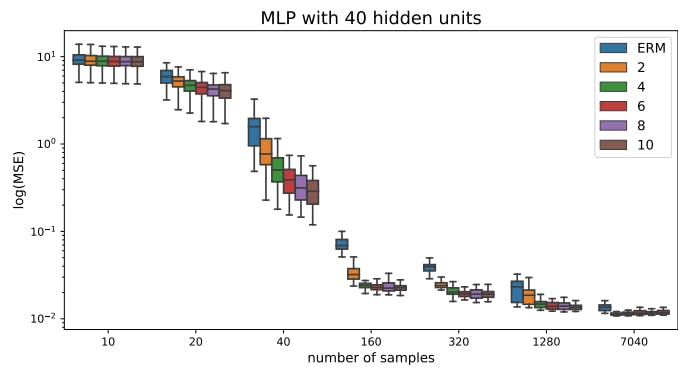191 reads
How to Implement ADA for Data Augmentation in Nonlinear Regression Models
by
November 14th, 2024
Audio Presented by

Anchoring provides a steady start, grounding decisions and perspectives in clarity and confidence.
Story's Credibility

About Author
Anchoring provides a steady start, grounding decisions and perspectives in clarity and confidence.
